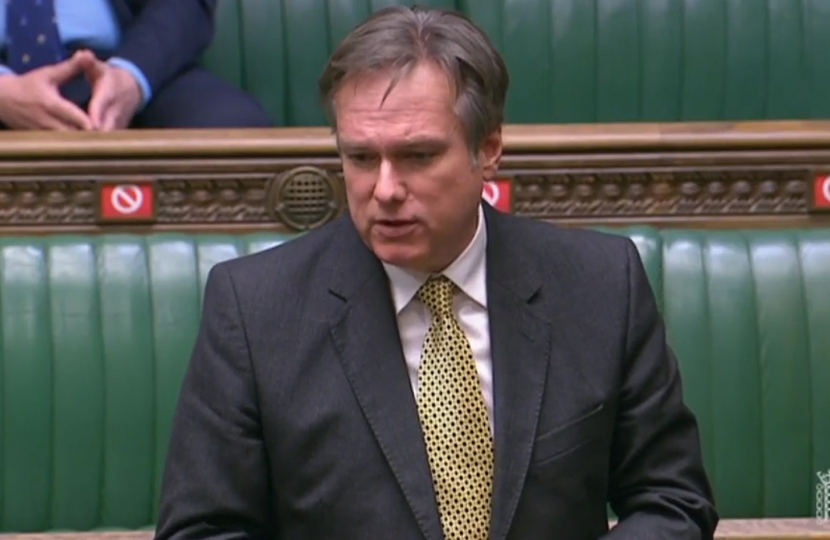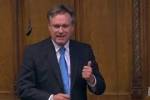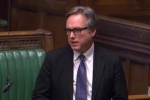
A perpetual state of lockdown is not the answer to the COVID-19 pandemic, and I welcome Government’s confirmation that the blanket national restrictions for England are not to be renewed beyond 2nd December.
I continue to press for an approach which takes into account not only the pandemic but the wider toll this year has taken on people’s mental and economic wellbeing.
Central to this is taking not just lives, but livelihoods, into account. The extension of the Coronavirus Job Retention Scheme has already been secured, meaning workers can continue to be furloughed until March of next year.
In recent days Government has addressed the calls I have been making for some months now; by confirming the introduction of a COVID-19 testing programme for international arrivals into England.
As Crawley MP and Future of Aviation All-Party Parliamentary Group (APPG) Chair this will help us restart commercial air travel with confidence, with the welcome effects this can have on our local economy.
The much-needed clarity and certainty which I have long campaigned for will assist Gatwick Airport in its recovery, and help those workers whose careers and incomes have been affected by the deeply damaging effects of this pandemic.
The announcement of the ‘Test to Release’ scheme came as ministers also confirmed a new package of financial support for English airports and ground handlers serving them.
This is a further issue which is highlighted in the APPG’s Aviation Recovery Plan, and this new support will be equivalent to the business rates liabilities of each business, capped at £8 million per site.
In a week which saw numerous details given of how this country is going to get back on its feet after the pandemic, the Chancellor of the Exchequer’s Spending Review outlined the way forward.
This includes a pay rise for more than a million nurses, doctors and others working in the NHS, with guaranteed pay rises of at least £250 for the 2.1 million public sector workers who earn below the median UK wage.
It is also important that Government is doing more for the lowest paid in our society, and HM Treasury are accepting the recommendations of the Low Pay Commission to increase the National Living Wage by 2.2 per cent to £8.91, and to extend this rate to those aged 23 or over, as well as increasing the National Minimum Wage.
These increases will benefit around 2 million people. For example, a full-time worker earning the National Living Wage will see a pay rise of £345 next year, which marks an effective increase of more than £4,000 since its introduction in 2016.
Henry Smith MP



